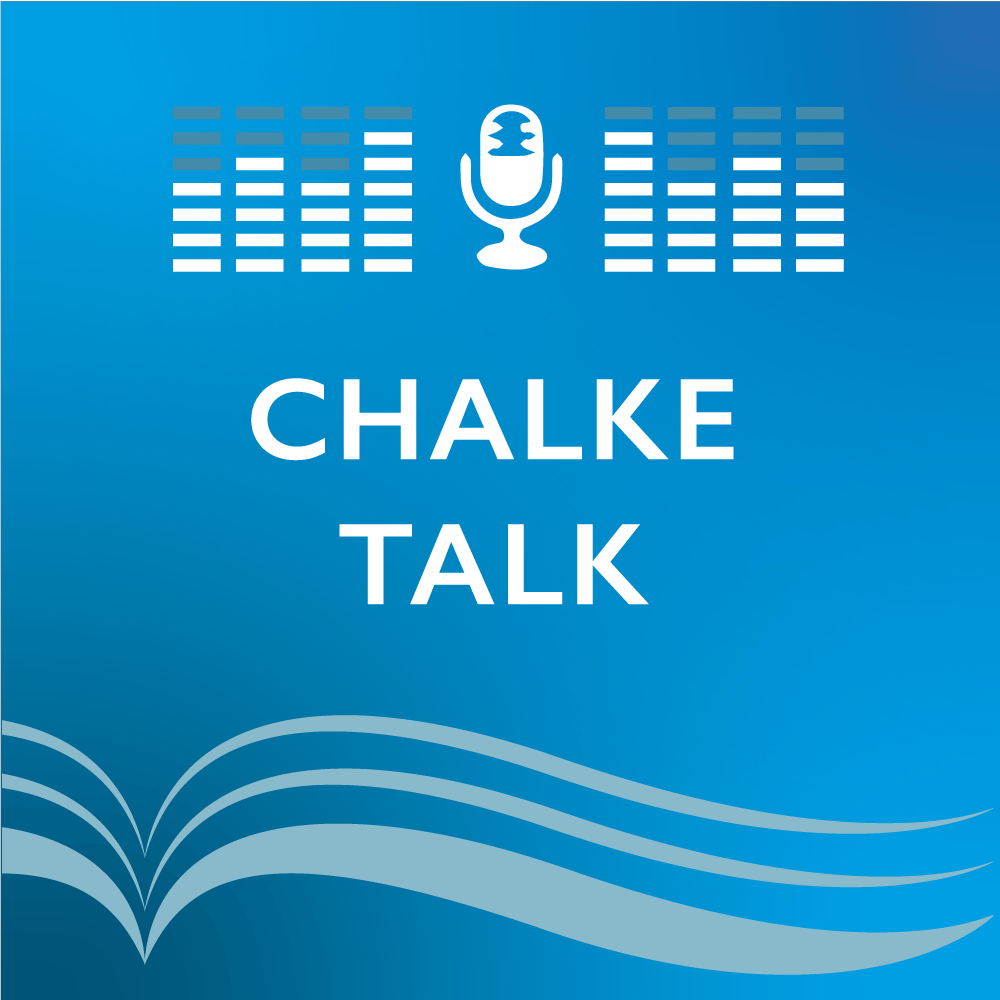In this moving event to mark the 70th Anniversary of D-Day, two veterans of that campaign talk about their experiences with Stuart Tootal, former commander of 3 Para in Afghanistan. Fred Glover (1926-2020) was the only British infantryman known to have fought with the French Resistance while David Render (1925-1917) served with the Sherwood Rangers […]
26. D-DAY: BY THOSE WHO WERE THERE

Chalke Talk
The podcast from the Chalke Valley History Festival
Released every Monday, Wednesday and Friday mornings
Latest releases
- 26. D-DAY: BY THOSE WHO WERE THERE
David Render, Fred Glover, Stuart Tootal ( 2014 )> PLAY - 25. THE DRAMA OF THE GREAT REFORM BILL 1832
Antonia Fraser, William Waldegrave ( 2013 )> PLAYIn November 1930, the Duke of Wellington declared. ‘the beginning of reform is the beginning of revolution. Despite his fears, a bill to introduce greater democracy was duly presented to Parliament. Eminent historian, Antonia Fraser, discusses with William Waldegrave how this most divisive of bills led to a complete change in the way Britain was […]
- 24. UNDERSTANDING AMERICAN GOVERNMENT
Nicholas Cole ( 2019 )> PLAYAt times America’s complicated system of Federalism has seemed like a model of rational and democratic government — at others it has seemed like a recipe for obstruction and chaos. Nicholas Cole discusses the circumstances in which America’s government was created, the objectives of its founders, and whether the assumptions of the eighteenth century are […]
- 23. THE FIRST WORLD WAR: THE HUMAN EXPERIENCE AND LEGACY
Alexandra Churchill ( 2017 )> PLAYThe First World War still captures the imagination, but how do you paint a picture of people that are long gone? How do you put their existence in context with the manner in which they died, so that future generations retain a connection to the human impact of WW1 that transcends tales of strategic success […]
- 22. REMEMBERING THE FUTURE: HISTORY AS A CORDIAL FOR DROOPING SPIRITS
Richard Chartres ( 2018 )> PLAYWe cannot change the past, but we are responsible for how we remember it. The Irish, Welsh and Scots have recovered their sense of identity through a fresh remembering of their heritage. Richard Chartres, former Bishop of London, proposes a creative response to the post-Brexit challenges to the English national identity and examines what needs […]
- 21. MARGARET THATCHER: A LIFE AND LEGACY
David Cannadine ( 2017 )> PLAYAs Britain’s first woman Prime Minister, and one of the most controversial figures in twentieth century Britain, few people have been more discussed than Margaret Thatcher. Preeminent academic Sir David Cannadine gives a historian’s perspective on the life, politics and legacy of this formidable leader. He is Dodge Professor of History at Princeton, and General […]
- 20. BRIGHT YOUNG THINGS: CECIL BEATON, REX WHISTLER AND THE WILTSHIRE SET
James Holland ( 2013 )> PLAYFrom the hedonistic Bright Young Things of the 1920s emerged a group of artists who found inspiration and freedom in south Wiltshire where they discovered havens in which they could push the boundaries of artistic freedom. Cecil Beaton and Rex Whistler were among the finest artists of their generation, one a photographer and designer, the […]
- 19. GAME OF QUEENS: THE WOMEN WHO MADE SIXTEENTH CENTURY EUROPE
Sarah Gristwood ( 2017 )> PLAYBest-selling Tudor biographer Sarah Gristwood turns her expert eye to the Renaissance courts of Isabella of Castile, Margaret of Austria, Katherine of Aragon, Marguerite of Navarre, Anne Boleyn, Catherine de Medici, Mary Tudor, Elizabeth Tudor, Mary Stuart and others. An extraordinary cast of women who held power throughout the Continent in the face of great […]
- 18. THE FRENCH REVOLUTIONS
Jonathan Fenby ( 2017 )> PLAYIn this talk for senior school pupils, Jonathan Fenby outlines the causes of the French Revolution which began in 1789. He explains that this was the beginning of a cycle of revolutions followed by counter-revolutions and discusses how the French liked to believe that their country was a beacon of humanity with progressive values of […]
- 17. BRITAIN BEGINS
Barry Cunliffe ( 2016 )> PLAY12,000 years ago, as the ice sheets retreated, bands of hunter- gatherers spread slowly northwards from mainland Europe, re- colonizing the islands we know as Britain and Ireland. Who were our early ancestors and how directly can we trace our modern population back to them? Sir Barry Cunliffe, Emeritus Professor of Archaeology at Oxford, explains […]


